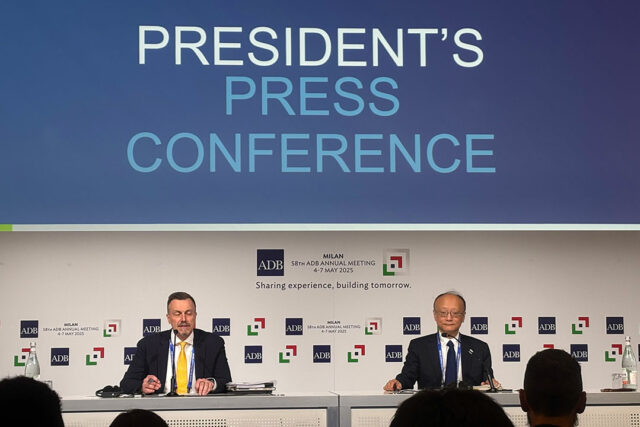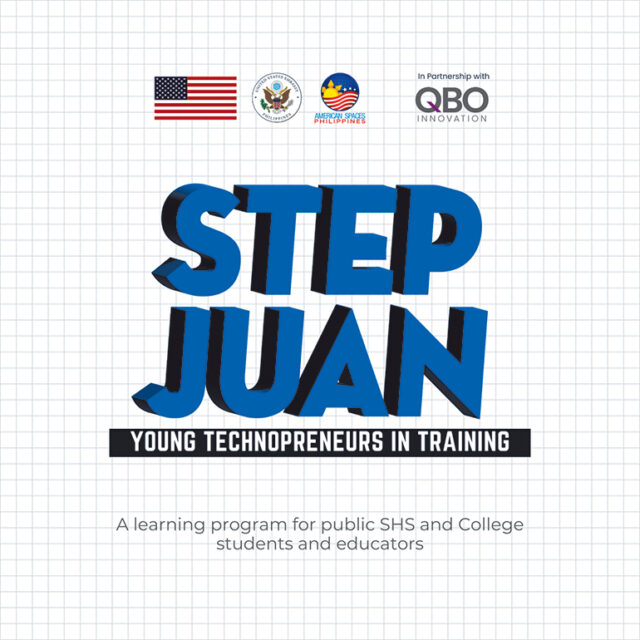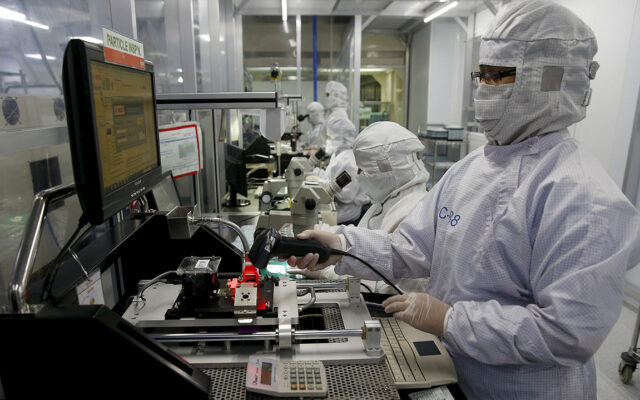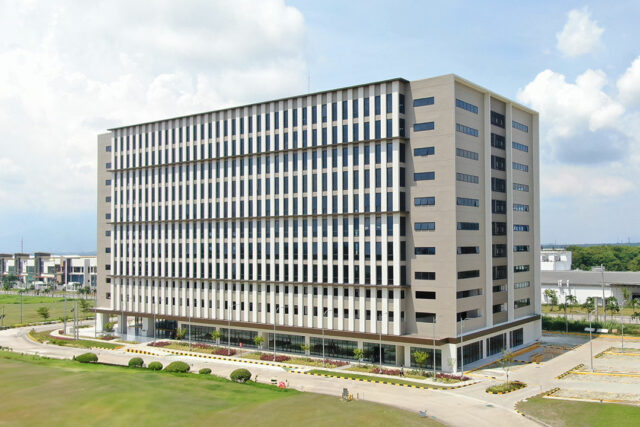By Peter Apps
WASHINGTON — As the Trump administration marked 100 days in office on April 30, China’s state broadcaster described what it called “100 days of chaos” and said the government in Beijing was providing “stability to a changing and turbulent world.”
Throughout the rollercoaster of the first weeks in office of the administration, state-backed Chinese channels and social media feeds have increasingly pushed the narrative that the US under Donald Trump is abandoning its allies, with a particular focus on Taiwan and US Asian partners.
It is a narrative the Pentagon has sometimes attempted to push back against. “America First does not mean America alone,” Defense Secretary Pete Hegseth said in a speech at the US Army War College earlier.
More broadly, however, the administration’s rhetoric has often been aggressively triumphalist.
In Beijing, the US Embassy described the opening of the new administration as “100 years of victory” on its social media channels, particularly infuriating Chinese officials.
While some in the US military and State Department clearly retain some concerns about alienating too many US allies, many of Trump’s supporters argue that his actions — including his trade war and associated rhetoric, treatment of Ukraine, and demand that US allies do more in their own defense — represent exactly what he said he would do when he was elected.
On other areas, there can be little clarity.
When Trump’s new chairman of the Joint Chiefs of Staff, US Air Force General Dan Caine, was asked at his Senate confirmation hearing whether Washington would continue to provide NATO’s top military officer — regarded as a key indicator of US commitment to Europe — he simply said he did not yet know what the president would order.
When it comes to defense and national security, the new administration has explicitly placed much greater priority on securing the US border in the short term and delivering longer term protection against foreign ballistic missiles through what Trump has termed the “Golden Dome” defense shield.
That alone has unsettled US allies, who worry that future US administrations may turn inwards even more.
Already, there are signs both Moscow and Beijing see that as an opportunity — although they are approaching it in different ways. While China has touted the notion that it will fill the gap left by US disengagement abroad, Russian media outlets have often simply looked to feed the chaos and division.
This has included refocusing the attention of Russian channel RT — previously known as “Russia Today” — on Arabic Middle East audiences after it was shut down in most European nations. That has allowed RT to fan anti-Western feelings already fueled by US support for Israel over the Gaza war.
Such sentiment has risen across the wider Global South, particularly in Islamic nations such as Malaysia and Indonesia.
Having largely gutted what had been US government-backed media platforms like Radio Free Europe and Radio Free Asia targeting foreign audiences, the current administration appears largely uninterested in public opinion across many such regions.
But while the Trump administration is sticking firmly to its messaging that Europe must do more to defend its own continent, the last few weeks have seen a concerted outreach by Washington to its important allies in Asia, many of whom have become more nervous about their security since Trump returned to power.
AWKWARD ALLIANCE MESSAGING
The outreach included a visit to Japan and South Korea by new Navy Secretary John Whelan. During his trip, Whelan began negotiations on using Japanese and South Korean shipyards not just to maintain and fix US military vessels, but also to construct civilian shipping that could be used by the US military and allies in the event of a major conflict such as one sparked by a Chinese invasion of Taiwan.
Trump has made it clear he will not be repeating predecessor Joe Biden’s assertions that the US would definitely back Taiwan if the island were attacked, reverting to the long-running US position of “strategic ambiguity.” Those in Taiwan, however, appear to have taken some heart from a leaked Pentagon report which stated that deterring a Chinese invasion was now the top US priority globally — and have also been encouraged by the appointment of the pro-Taiwan David Perdue as ambassador to Beijing.
In Poland — which in Trump’s 2017-21 term prided itself on keeping relations relatively good — influential centrist newspaper Rzeczpospolita noted that Trump had indeed kept his pledge to swiftly bring down US migration numbers. But it said he had also “upended the world order” and “sided with Putin.”
Other Polish media outlets struck a similar tone, some describing US efforts to make Ukraine sign a critical minerals deal as “neocolonial” and damaging to wider US alliances.
Ukraine finally signed that deal on Wednesday, giving the US preferential access to new Ukrainian minerals deals and providing for it to fund investment in Ukraine’s reconstruction.
Whether the damage from Trump’s heavy-handed dealings with allies can be undone remains another question.
This week saw Liberal leader Mark Carney win Canada’s general election, heavily swayed by anti-Trump sentiment generated by the president’s talk of making Canada another US state, which wiped out the Conservatives’ big lead in the polls.
In Australia, Labor Prime Minister Anthony Albanese has also received an unexpected poll boost ahead of elections this weekend as popular Australian dislike of Trump undermined his more conservative rival.
To what extent those developments will worry the current White House team remains unclear.
As Albanese stressed last month in a podcast interview, Australia “made its decision a long time ago” which side it was on when it came to the US and China.
The same is true of many other US allies, not least Britain, Japan, South Korea and others outside the European Union.
Within mainland Europe, the schism with Washington looks more permanent. But in the short term at least, Europe’s failure to be able to generate even a small force of perhaps 25,000 troops to secure post-war Ukraine acts as a reminder that the continent remains far from ready to defend itself.
In the Baltic states, where media and pundits are now voicing more concern over the potential for a future Russian invasion than at any point since independence from Moscow in 1991, Trump’s first 100 days were described as “destructive” on many levels.
UKRAINE, BALTIC WORRIES
Those dynamics may continue to get messier.
In some of those nations now most dependent on the US for support, anti-Trump comments have become increasingly widespread — with pro-Kremlin media already working hard to turn this into broader anti-US sentiment.
According to BBC Monitoring, that included amplifying stories of a handful of Ukrainian coffee shops renaming “americano” coffee as “europeano” or “ukrainiano.”
In parallel, Ukraine’s state-run TV broadcast “marathon” that has combined the output of all new stations since Vladimir Putin’s full-scale invasion of Ukraine in 2022 has acquired its own periodic anti-American tone.
“This America is broken, give us another one,” said one character on a satirical news show, while other voices within Ukraine have warned that turning against the US would simply make it easier for Russia to overrun the country.
Some of those around Ukrainian President Volodymyr Zelensky, and perhaps even the man seen as his primary political rival, former military chief and now ambassador to London Valeriy Zaluzhnyi, appear to have permanently lost patience with Trump.
At the start of March, Zaluzhnyi told a public event at Chatham House in London that the new US administration was “destroying” the world order.
With his own eye on re-election, Zelensky himself must walk an awkward path between not looking weak to his own voters while not wrecking what is left of US-Ukrainian relations.
Some of Zelensky’s own supporters have suggested Ukraine should even consider cutting off diplomatic relations with the United States — although most, more mainstream voices fear that could prove disastrous.
For more cautious voices, the Zelensky-Trump meeting and photo opportunity at Pope Francis’ April 26 funeral in Rome – and the tougher approach to Russia the US has taken in communications since then — have offered only limited relief.
“Trump is not known for his consistency of statements,” Latvian pundit Bens Latkovskis warned in a local newspaper, saying the idea that the US was “a reliable guardian and defender is illusory at best.”
In some quarters, that is already fuelling a narrative of outright despair, or at the very least betrayal.
In 2004, then-Latvian President Vaira Vike-Freiberga described her small nation’s NATO entry as the only guarantee Baltic citizens had they would not one day wake up to a Russian knock on the door or deportation to Siberia.
Two decades later, she called the most recent US-led, top-level peace talks with Ukraine “grotesque and a mockery of diplomacy.”
“We have to live for three and a half years under this (Trump) regime,” she told Latvian television. “I do not know how the world is going to survive this.”
REUTERS
The opinions expressed here are those of the author, a columnist for Reuters.












